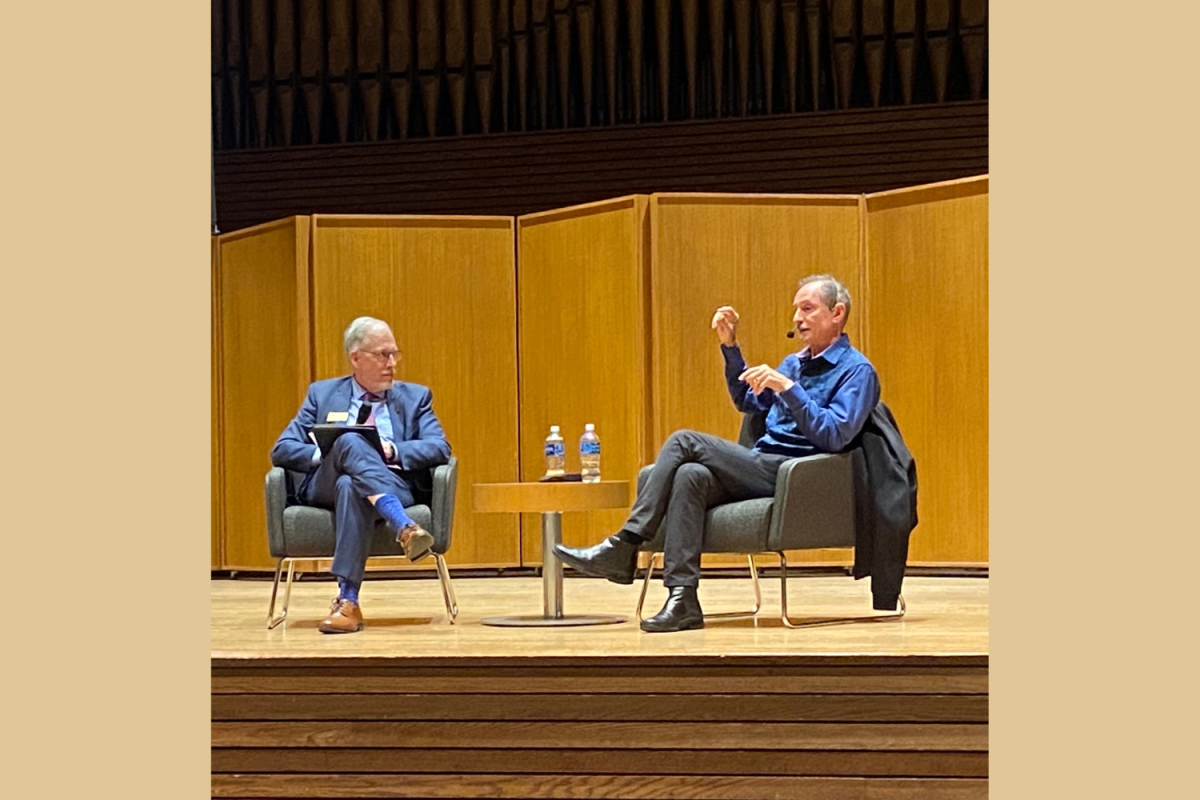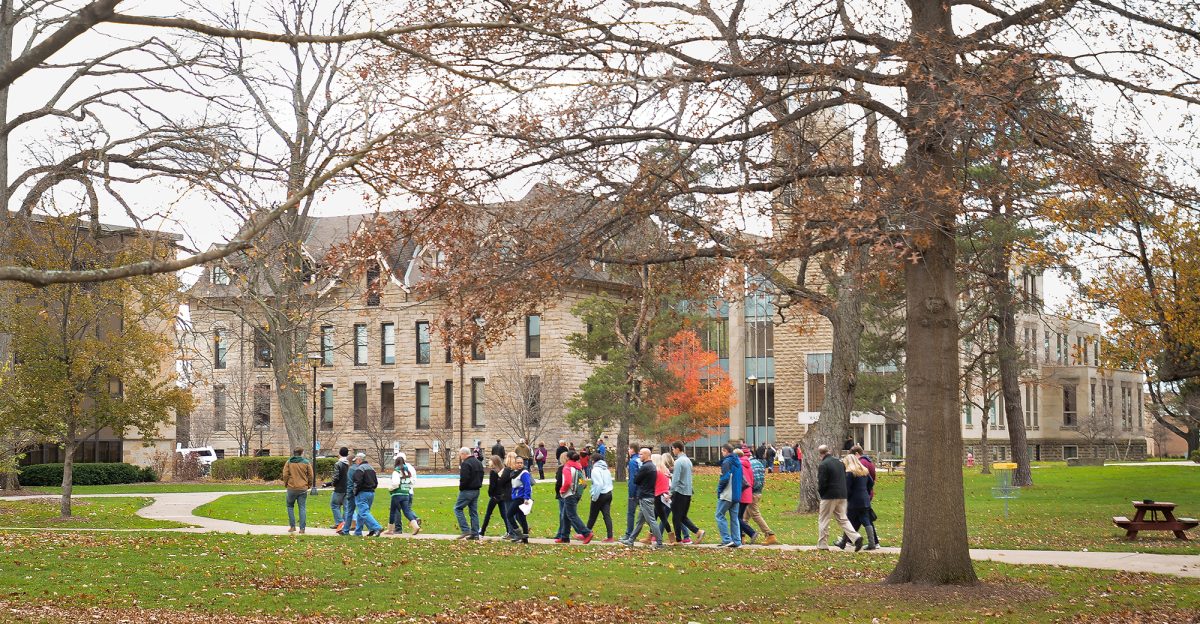On Thursday, Tom Gruber, the co-founder of Siri Inc., which ultimately developed the Siri digital assistant, visited campus to speak about the future of artificial intelligence, which he said has the potential to positively impact the future’s professional environment.
Gruber currently works on humanistic AI, an AI whose focus is on collaborating w it h hu m ans to m a ke our relationship with AI trustoworthy rather than competitive. Gruber said that while there are everyday concerns for the emerging technology, through regulations and a focus on improving human’s critical thinking, people could see improvements in their collegiate and professional lives.
“[AI is] smart and playful, entertaining, it does amazing stuff,” Gruber said. “But you wouldn’t give it the controls of an airplane without supervision.”
Gruber said that there are some issues with AI technology; it doesn’t always know what it is talking about and frequently will make mistakes, an activity called an “AI hallucination.”
“ These machines accidentally, by the nature of the way they are built, will emit a series of words that sound right but aren’t true,” Gruber said. “There is absolutely nothing to tell you in the machinery that is not true. They have no way to know and no way to care, you have to become a better critical thinker.”
Gruber said that with AI’s inability for deep critical thinking, humans could further focus on the activities which require critical thinking rather than on menial tasks, which, he said, is ever more important in our digital age.
“There is a lack of critical thinking skills today, with social media and all this nonsense, where people can choose to believe anythin they want. They can choose to believe Uncle Fred down the hall instead of the Mayo Clinic,” Gruber said.
Gruber said he sees room for AI automating jobs in Gen-Z’s professional future such as call centers, or other tasks where machines can outperform their human counterparts
“It’s a miserable thing for humans to do [call centers]. Driving too, humans are pretty bad drivers,” Gruber said. “We are getting machines that are better. When they are, we should replace ourselves with machines.”
Gruber said he sees AI as a tool that can help people and college students alike. For example, with appropriate use of this technology, a student can utilize AI as an assistant. However, if a student goes beyond the appropriate use of AI, Gruber said that they would only be cheating themselves out of their education.
Gruber also said that he recognizes the common concerns brought about AI, such as intellectual property issues.
“You can pretend to be anybody stealing one’s intellectual property identity content and use it to make a profit or to disappear or to harm them,” Gruber said.
In response to these dangers Gruber said he advocates for federal regulations on the industry. He described how much AI has already become integral to everyday life and that it would be necessary to focus regulations on these types of AI to ensure protection for people at risk of the dangers of fraud and other risks of AI.
“When we put the superpower of the new AI on top of it [fraud], it’s going to be a real problem. So we’ve got to put some things in place for that…That is a problem that concerns almost all the AI scientists,” Gruber said.
When creating Siri Inc., Gruber said he had accessibility in mind. He said that he hoped to
create something that appealed to people of all ages and abilities could be easily reached through a “one button push.”

































